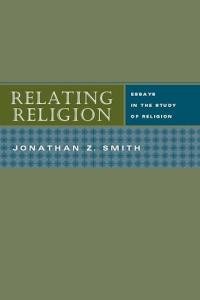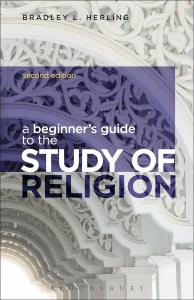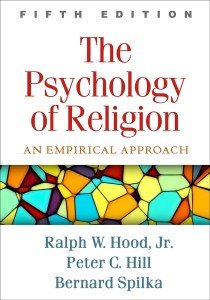Review
The objective of the book Sociology of Religion: Contemporary Developments by Christiano, Swatos, and Kivisto is to provide a comprehensive and up-to-date review of the key concepts, theories, and debates within the field of sociology of religion. This book aims to offer a critical analysis of the current state of research and highlight the emerging trends and issues in this rapidly evolving field.
Through thoroughly examining the sociological perspectives on religion, the authors explore the complex relationship between religion and society. They delve into topics such as the influence of religion on social structures, cultural norms, and individual beliefs and behaviors. They also examine the role of religion in shaping social movements, political ideologies, and global trends.
The primary goal of this objective is to provide readers with a deeper understanding of the various ways in which religion impacts and is impacted by society. By critically examining the contemporary developments in the sociology of religion, the authors aim to challenge traditional assumptions and offer new insights into this complex and dynamic field. Through their analysis, they hope to contribute to the ongoing discussions and debates within the discipline and inspire further research and exploration.
Overall, this objective is a valuable resource for students, scholars, and anyone interested in understanding the intersection of religion and society. It not only provides a comprehensive overview of the existing literature but also offers a critical evaluation of the current state of the field and its future directions. By exploring the multifaceted aspects of the sociology of religion, this book aims to promote a deeper understanding and appreciation of religion's complex role in our lives and societies.
The book's first part focuses on the key concepts and theories within the sociology of religion. The authors provide a comprehensive review of the major theoretical perspectives, such as functionalism, conflict theory, and symbolic interactionism, and their applications to the study of religion. They also examine the diverse ways religion is defined and studied, including the role of culture, social structures, and individual agency.
The book's second part delves into the various social dimensions of religion. Through a critical analysis of the relationship between religion and society, the authors explore how religion influences and is influenced by social structures, cultural norms, and individual beliefs and behaviors. They also examine the role of religion in shaping social movements, political ideologies, and global trends.
The book's final part focuses on contemporary developments and emerging trends within the sociology of religion. The authors highlight the current debates and issues within the field, such as the role of religion in the public sphere, the impact of globalization on religious beliefs and practices, and the rise of new religious movements. They also examine the challenges and opportunities arising from religion's ever-evolving nature and its intersection with society.
By providing a critical analysis of the current state of the sociology of religion, this book challenges readers to think critically about the role of religion in society and encourages further exploration and research. It also highlights the importance of considering multiple perspectives and approaches when studying the complex relationship between religion and society.
In conclusion, Sociology of Religion: Contemporary Developments" by Christiano, Swatos and Kivisto offers a comprehensive and up-to-date review of the key concepts, theories, and debates within the field of sociology of religion. Through its critical analysis, the book aims to challenge traditional assumptions and offer new insights into religion's complex and dynamic nature and its intersection with society. This objective serves as a valuable resource for students, scholars, and anyone interested in understanding the multifaceted role of religion in our lives and societies.






